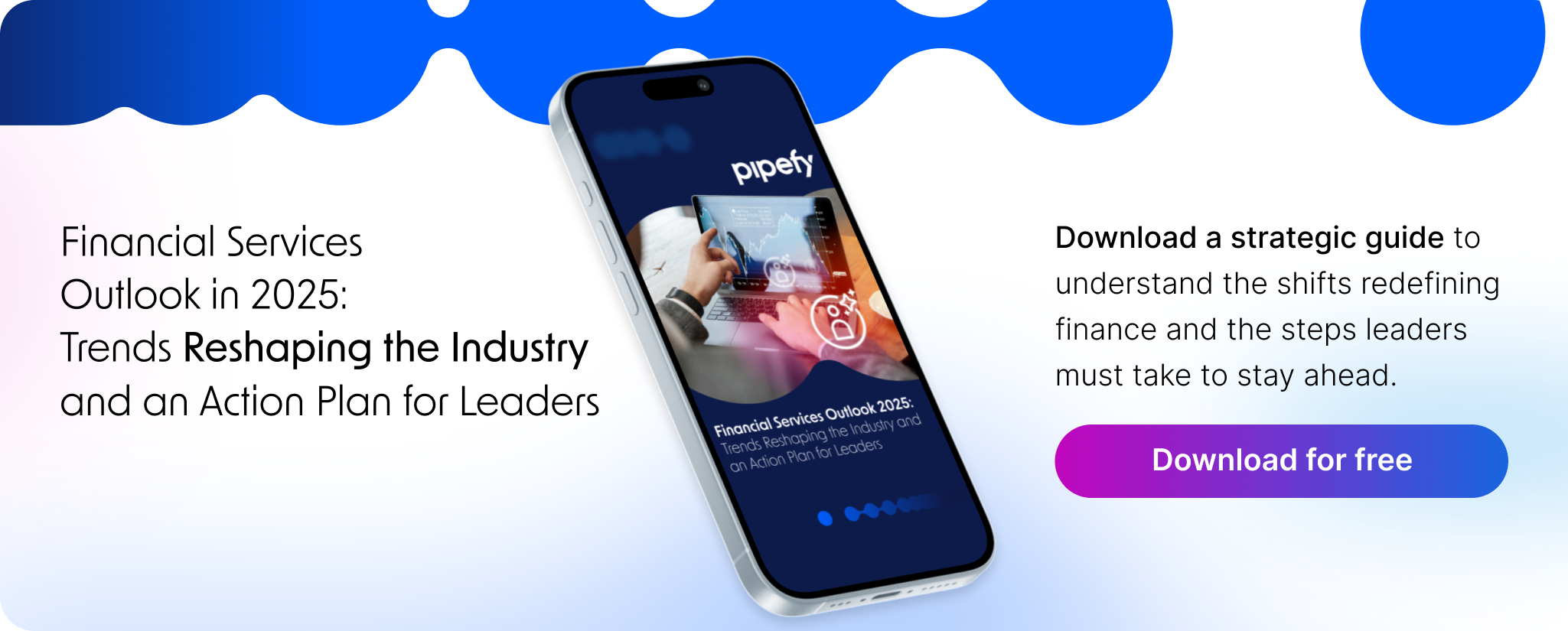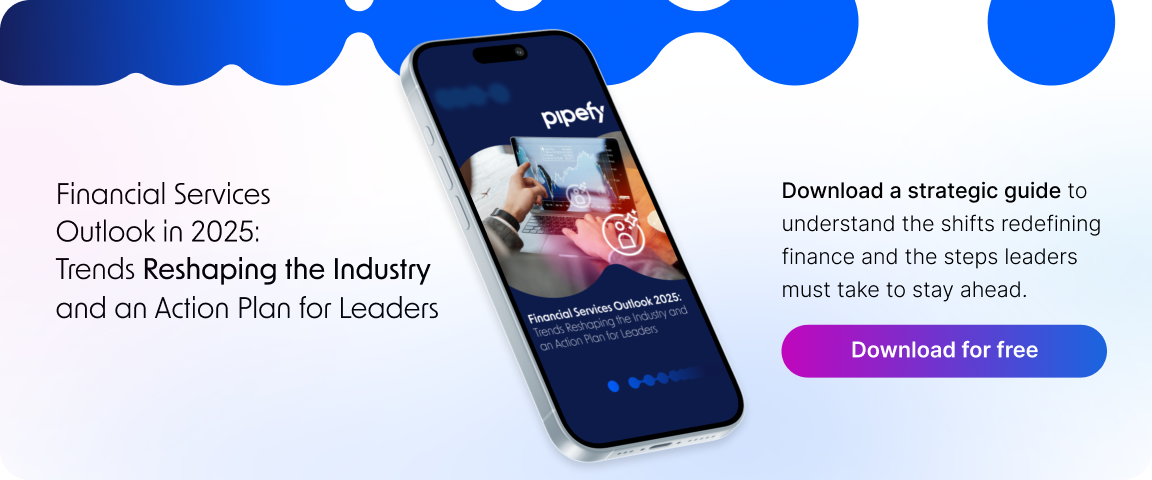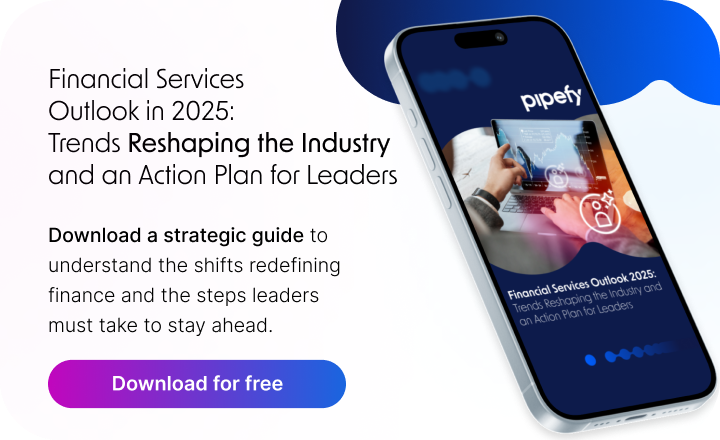
If there’s one thing businesses can’t afford to overlook these days, it’s knowing exactly who they’re working with.
That’s where Know Your Business, or KYB, comes into play. The term might sound a bit formal, but the concept is straightforward: make sure the company you’re about to partner with is real, officially registered, and playing by the rules.
If you’re in finance, tech, B2B services, or compliance, getting a handle on KYB can save you from some serious headaches — like falling into a scam or getting hit with fines for not following regulations.
So, what is KYB?
Let’s keep it simple: Know Your Business (KYB) is essentially a background check for companies. It helps you confirm that a potential partner or client is legitimate — registered properly, represented legally, and clear of any connections to financial crimes.
Think of it like KYC (Know Your Customer) — the process banks use to verify individuals — but for businesses.
For instance, say your company is about to bring on a foreign fintech firm to help automate payments. Without running a KYB check, you might end up working with a shell company — or worse, get caught up in money laundering without even realizing it.
Regulatory agencies — especially in finance — often require KYB checks. But it’s more than just a legal formality. It’s one of the most effective ways to guard against fraud, financial crime, and other serious risks.
In short, KYB gives you a clearer picture of who you’re actually doing business with.
Why KYB matters more than ever
With more companies operating online and working across borders, it’s become easier — and riskier — to unknowingly connect with untrustworthy partners. That’s exactly what KYB helps prevent. It brings clarity to the deal, letting you move forward with confidence.
And here’s the key point: in many countries, KYB isn’t optional. If you’re working in fintech, payments, digital banking, or any sector that moves money around, skipping KYB could lead to legal trouble — not to mention reputational damage.
Complementary reading: KYC Automation: Simplify Validation for Insurance Customers
How AI-powered business verification helps KYB
Trying to handle KYB manually? That’s a tough road — time-consuming, costly, and prone to mistakes. That’s why more businesses are using AI to handle business verification tasks.
AI tools can pull in public data, check documents, and flag anything suspicious — all in real time.
These systems connect the dots quickly and make the process far more efficient. The end result? Faster onboarding, fewer mistakes, and stronger decision-making.
Top benefits of AI-powered KYB
- Cuts back on manual work and labor costs
- Speeds up reviewing documents and records
- Lowers the risk of fraud
- Makes it easier to bring new partners onboard
- Keeps you compliant with local and international rules
Simplifying compliance through process automation
Tech also plays a huge role in keeping up with compliance. By automating key steps, companies can stay up to date with ever-changing regulations without drowning in paperwork.
It’s a big win for businesses working across regions or in tightly regulated spaces.
Plus, having automated checks in place helps you stay audit-ready and avoids nasty surprises like fines or regulatory issues down the line.
Read more: BPM Software (Business Process Management)
KYB isn’t just a rule — it’s a competitive edge
Some still think of KYB as just another task to tick off. But the truth is, it can actually give your business an advantage. When deals move faster and with more certainty, everyone wins — and the risk of something going wrong goes way down.
Companies that treat compliance as a business priority don’t just stay out of trouble — they earn trust. And that kind of credibility goes a long way, especially in fintech, insurance, and digital services.
The power of AI in financial processes
AI in finance isn’t limited to credit scoring anymore. It’s helping teams spot risk earlier, recognize patterns, and uncover new opportunities.
With that kind of insight, your decisions become more strategic and less of a guessing game. That’s a major plus when you’re growing fast or dealing with a lot of data.
Frequently Asked Questions (FAQ)
| In which industries is KYB mandatory? | You’ll see it required most in finance — banking, fintech, insurance, and payments. But many other sectors adopt it too, especially where secure B2B relationships matter. |
| How does AI help with KYB? | It scans and validates data instantly, checks for red flags, verifies documents, and moves things along quicker — all with better accuracy. |
| What’s the difference between KYB and KYC? | KYC focuses on verifying individuals. KYB is about businesses — making sure they’re legally set up, active, and trustworthy. |
Ready to implement smart KYB in your business?
You don’t have to tackle it alone. With the right AI tools, you can simplify verification, stay compliant, and move faster.
Want to know how? Talk to Pipefy experts and explore how KYB can fit into your workflow — safely and smoothly.










